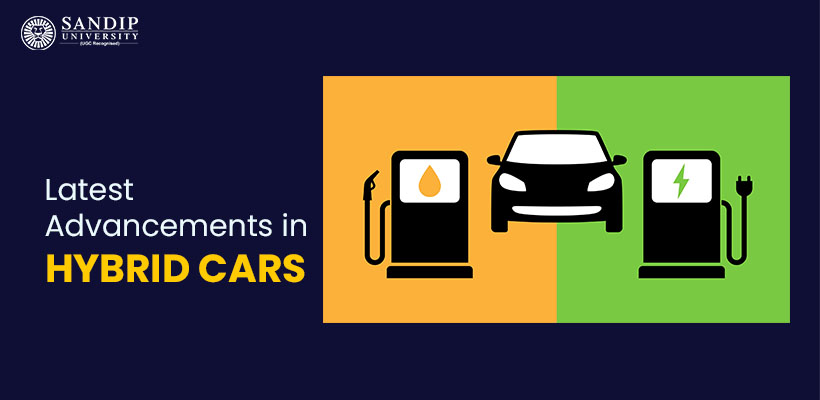Hybrid vehicles have been continually evolving, and there have been several advancements in hybrid car technology over the years. As more and more customers are understanding the need to be more eco-friendly, there is a massive shift in the demand for electric and hybrid cars. This has seen a drastic increase in the advancements and innovations made in this field. Let us take a look at some notable developments:
1) Increased Efficiency: Manufacturers have been focusing on improving the efficiency of hybrid systems to deliver better fuel economy. This includes advancements in the powertrain design, battery technology, and regenerative braking systems. These improvements have resulted in higher MPG (miles per gallon) ratings for hybrid vehicles.
2) Plug-in Hybrid Electric Vehicles (PHEVs): PHEVs are a type of hybrid car that can be charged from an external power source, typically through a plug. They have larger batteries compared to regular hybrids, allowing for increased all-electric range. PHEVs provide the flexibility of running on electricity for shorter trips and switching to the hybrid powertrain for longer journeys.
3) Battery Technology: Advances in battery technology have played a significant role in improving hybrid cars. Lithium-ion batteries have become more common, replacing older nickel-metal hydride (NiMH) batteries due to their higher energy density and improved performance. These batteries offer increased capacity, allowing for longer all-electric driving ranges in hybrid vehicles.
4) Lightweight Materials: Automakers have been incorporating lightweight materials, such as aluminum and high-strength steel, to reduce the weight of hybrid vehicles. Lighter vehicles require less energy to accelerate and can contribute to improved fuel efficiency.
5) Hybrid System Integration: Hybrid systems have become more seamlessly integrated into vehicle designs. The electric motor, battery pack, and internal combustion engine work together more efficiently, allowing for smoother transitions between power sources and optimizing the overall performance of the vehicle.
6) Regenerative Braking: Hybrid cars use regenerative braking technology to capture and convert kinetic energy into electrical energy, which is then stored in the battery for later use. Advancements in regenerative braking systems have made them more effective, enabling increased energy recovery and further improving overall fuel efficiency.
7) Improved Driving Experience: As hybrid technology has matured, manufacturers have focused on enhancing the driving experience of hybrid cars. This includes improvements in acceleration, handling, and overall vehicle dynamics to match or exceed those of conventional gasoline-powered vehicles.
Conclusion
There may have been further advancements in hybrid cars. Top engineering colleges offer cutting-edge programs like M.Tech in Electrical Vehicles to help students build a bright career in the field of hybrid cars. You can consider pursuing such programs for a global career in this field. Good luck!

